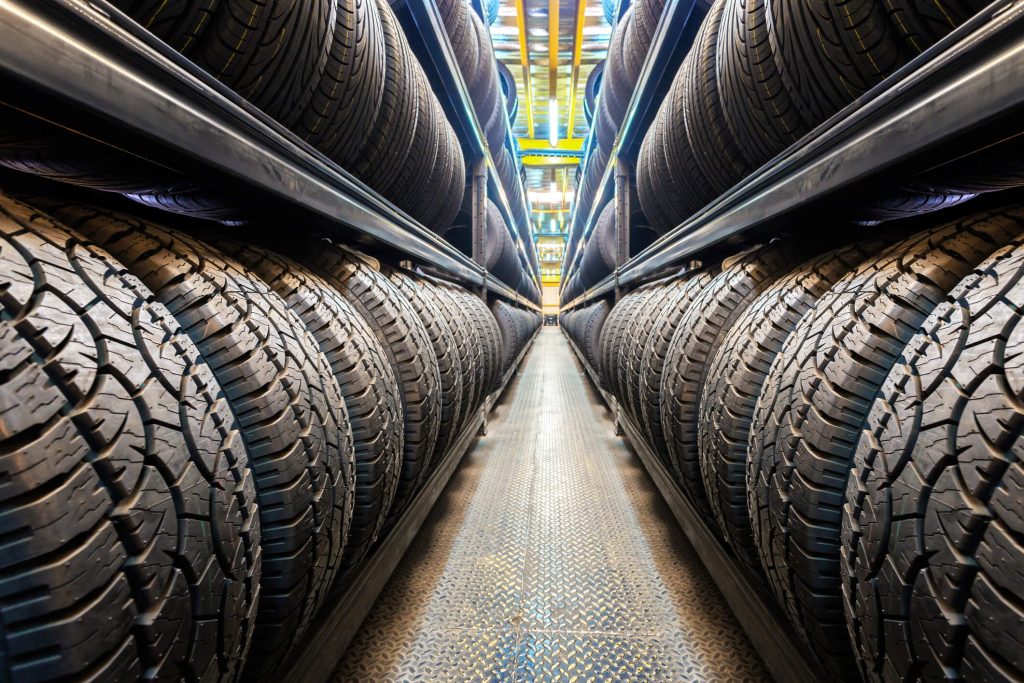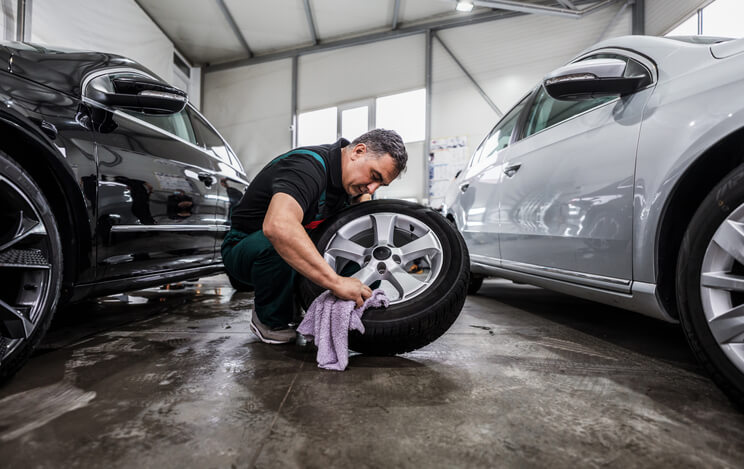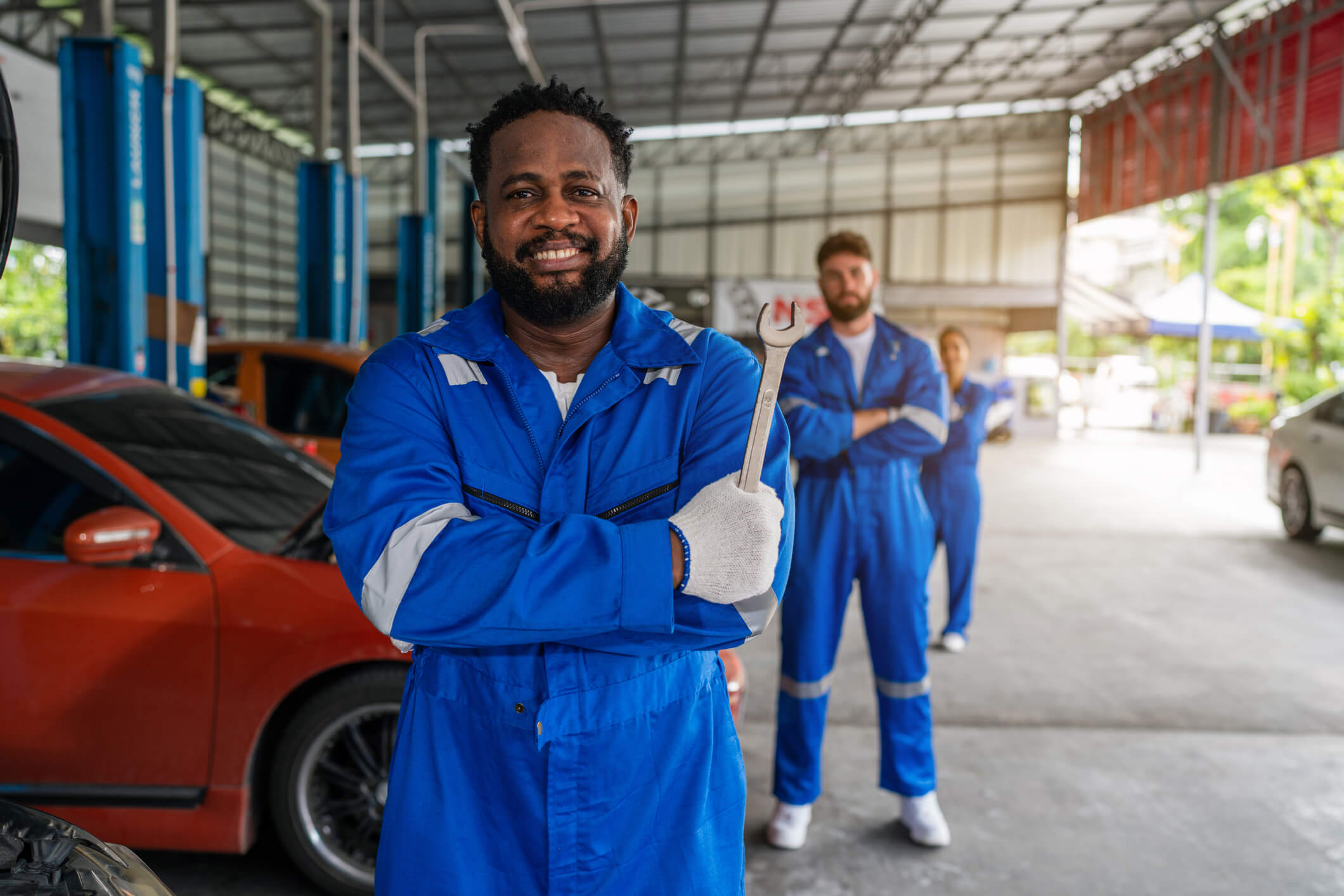Green Garage: Sustainable Practices for Modern Mechanics
Sustainability is steering the auto mechanic training and automotive industry toward a greener future. More garages are adopting eco-friendly practices that protect the environment, reduce costs, and attract modern, environmentally conscious drivers. For anyone hoping to become a mechanic, learning about sustainable operations is now just as important as mastering traditional repair techniques.
From recycling responsibly to upgrading equipment and conserving resources, here’s how today’s “green garages” are redefining automotive repair, and how auto mechanic training programs are helping future technicians lead the way.
Reducing Waste and Recycling Responsibly
- Auto repair shops generate significant waste, including used oil, tires, metal parts, and batteries, among them. Green garages make waste reduction a top priority by partnering with specialized recyclers to repurpose these materials safely.
- Used motor oil and old batteries are sent to certified recycling facilities to prevent soil and water contamination, while scrap tires can be transformed into road asphalt or playground materials. Even damaged electric motors and EV batteries can be responsibly recycled.
- By managing waste wisely, modern garages lower disposal costs and drastically reduce their environmental footprint.

Energy-Efficient Upgrades
Running a garage demands significant energy. Upgrading to LED lighting, energy-efficient tools, and renewable power sources helps reduce both emissions and costs.
LED bulbs use up to 75% less energy than traditional lighting, and solar panels can cover a large share of a shop’s electricity needs. Many garages that switch to smart energy systems report cutting power costs by nearly half.
Such investments not only improve efficiency but also highlight a business’s environmental commitment, something today’s customers value highly after auto mechanic training.
Water Conservation in the Workshop
Water is essential in automotive repair, especially for washing vehicles and parts. Green garages reduce water waste through reclamation systems that filter and reuse wash water, saving thousands of litres annually.
Some even harvest rainwater for cleaning or install low-flow hoses and steam cleaners to minimize usage. These practical steps help preserve water resources while keeping the shop efficient and compliant with environmental regulations.

Auto Mechanic Training for a Sustainable Future
The next generation of mechanics is being trained to think green. At ATC Cambridge auto mechanic school, students learn both hands-on repair skills and environmental responsibility, including proper waste handling and maintenance of hybrid and electric vehicles.
Modern auto mechanic training includes modules on emissions reduction, eco-safe materials, and the use of high-efficiency tools. With this knowledge, new graduates can confidently lead the industry toward a more sustainable future.
Building a Greener Future at ATC Cambridge
At ATC Cambridge, students don’t just learn how to repair vehicles. They learn how to do it responsibly. Through modern facilities, industry-experienced instructors, and up-to-date auto mechanic training, students gain the technical expertise and environmental awareness needed to thrive in a sustainable automotive industry.
From learning about hybrid systems and proper waste disposal to exploring energy-efficient repair methods, ATC Cambridge helps aspiring technicians prepare for the future of eco-conscious automotive repair.
Are you ready to become a mechanic who makes a difference?
Learn more about Auto Mechanic Training at ATC Cambridge and take the first step toward building a sustainable, successful career in the automotive industry.


